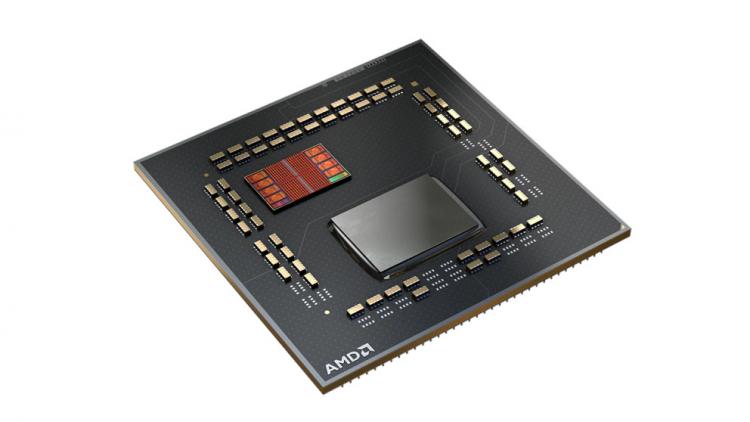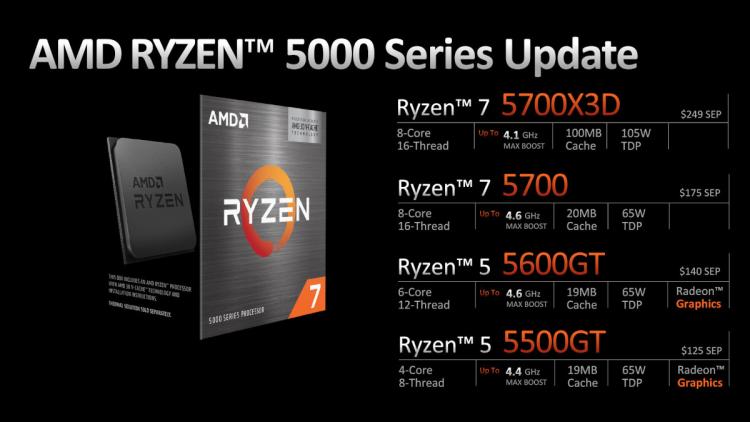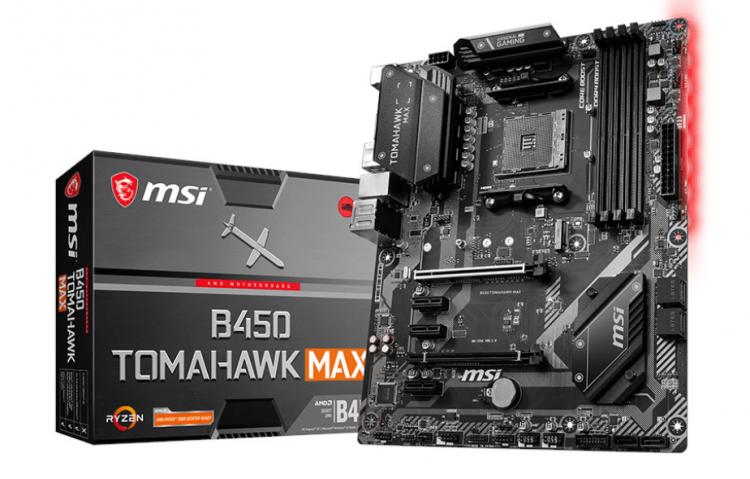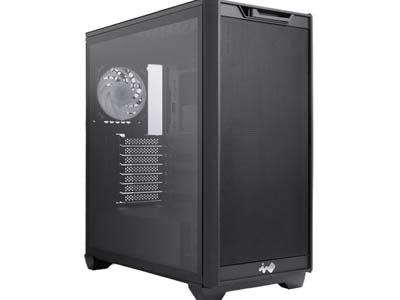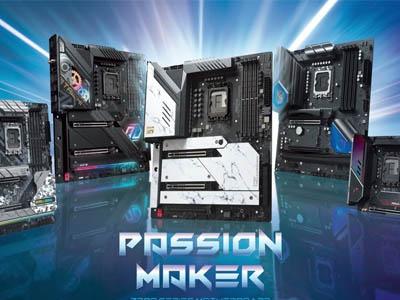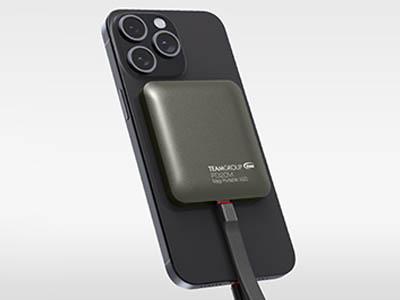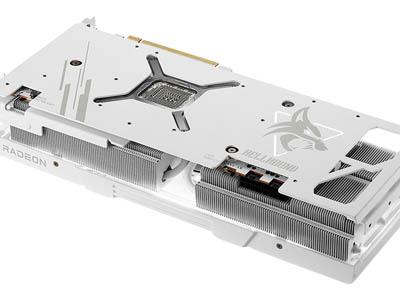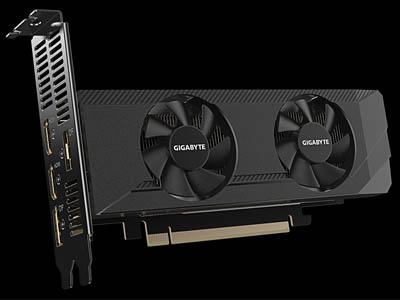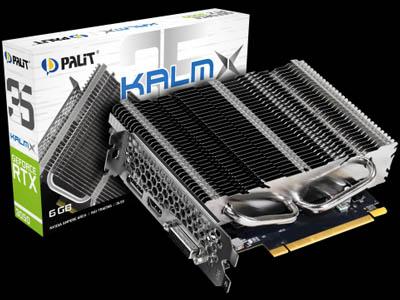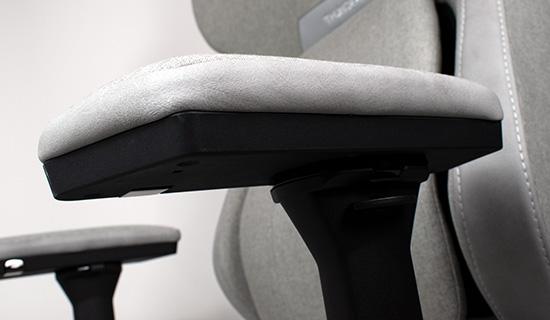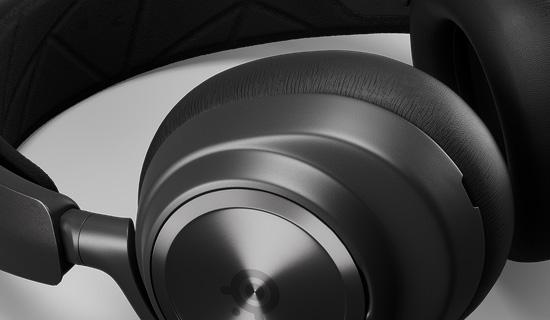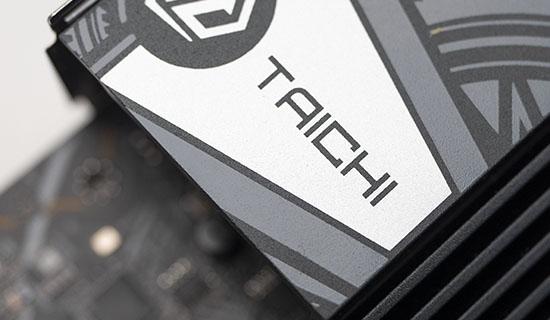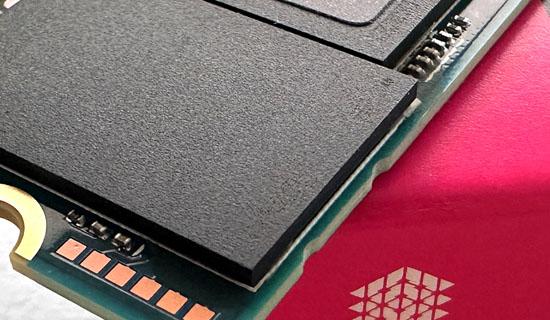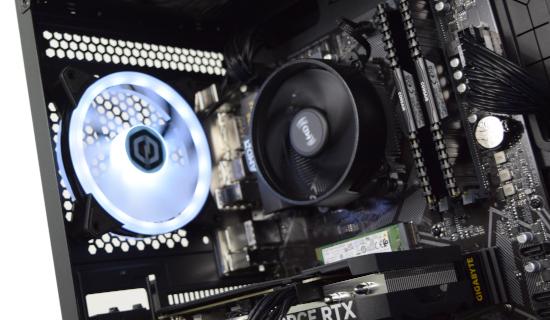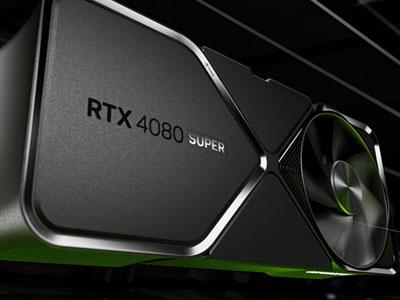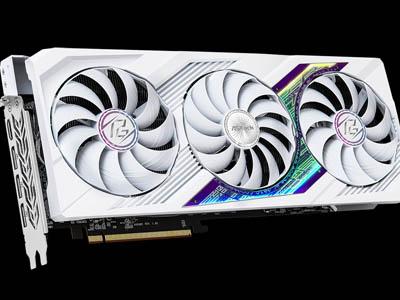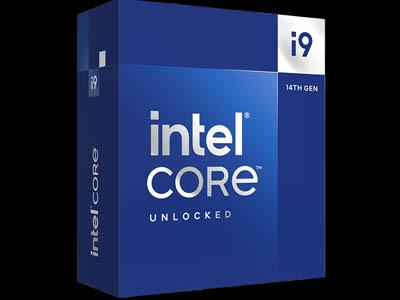AM4's status as the GOAT platform was cemented this month as AMD revealed its apparent final hurrah: the Ryzen 7 5700X3D. Based on the acclaimed 5800X3D and featuring the same number of cores, threads and 3D V-Cache as the premier 'bang for your buck' gaming processor, it immediately turned heads and had users of well-used AM4 motherboards salivating at the potential of a huge yet affordable gaming processor upgrade.
Today the processor is finally available at retailers worldwide, priced around $250 in the US and £240 (inc. V.A.T.) in the UK. Stock isn't universal among etailers - Amazon.co.uk, SCAN and ebuyer in the UK list it for instance, Overclockers.co.uk do not - but quantity doesn't appear to be particularly constrained at launch.
While the pricing compares fairly well with the Ryzen 7 5800X3D, a chip that typically retails for around £290 but has been on sale for as little as £265 in recent months, it isn't as keen as many would have liked. That being said, perhaps near-5800X3D performance for <£200 was always going to be a bit of a pipedream in the current market.
The 5700X3D gives up 400MHz on its older sibling but expectations are high given a full 96MB of 3D V-Cache is present and accessible on the chip. Support for 8-cores and 16-threads is great and the total performance package should see the platform remain relevant for years to come. It should be an excellent upgrade for those who have been rocking a budget to mid-range 3000-series or 5000-series CPU for the past few years but without the funds to jump ship to the newest AMD or Intel generation.
One pitfall remains however, a pitfall it shares with the R7 5700 and 5000GT-series APUs that are launching alongside the 5700X3D this week. A BIOS update will be required to support the new processors, and it will be down to the motherboard manufacturers to provide it. Many already have revisions available for X570 and B550 boards but X470 and B450 is more spotty; double-check CPU compatibility listings on your motherboard's support page and update where appropriate.
The Ryzen 7 5700 is a more affordable improvement for those who don't want the gaming performance offered by X3D but would value the performance uplift over aging 3000-series chips. 5000GT-series chips are more oriented towards systems (particularly small form factor) that don't rely on discrete graphics but need a little bump in performance.
If this truly is the final tranche of AM4 CPUs then it puts a fine finishing touch to the catalyst for AMD's dramatic reversal of fortunes. Launching with first-generation Ryzen in 2017 and continuing support through this year with non-trivial updates, the socket may have been a headache for board manufacturers but was a welcome permanent fixture in a market that was in dire need of both technological progress and forward-compatibility.

